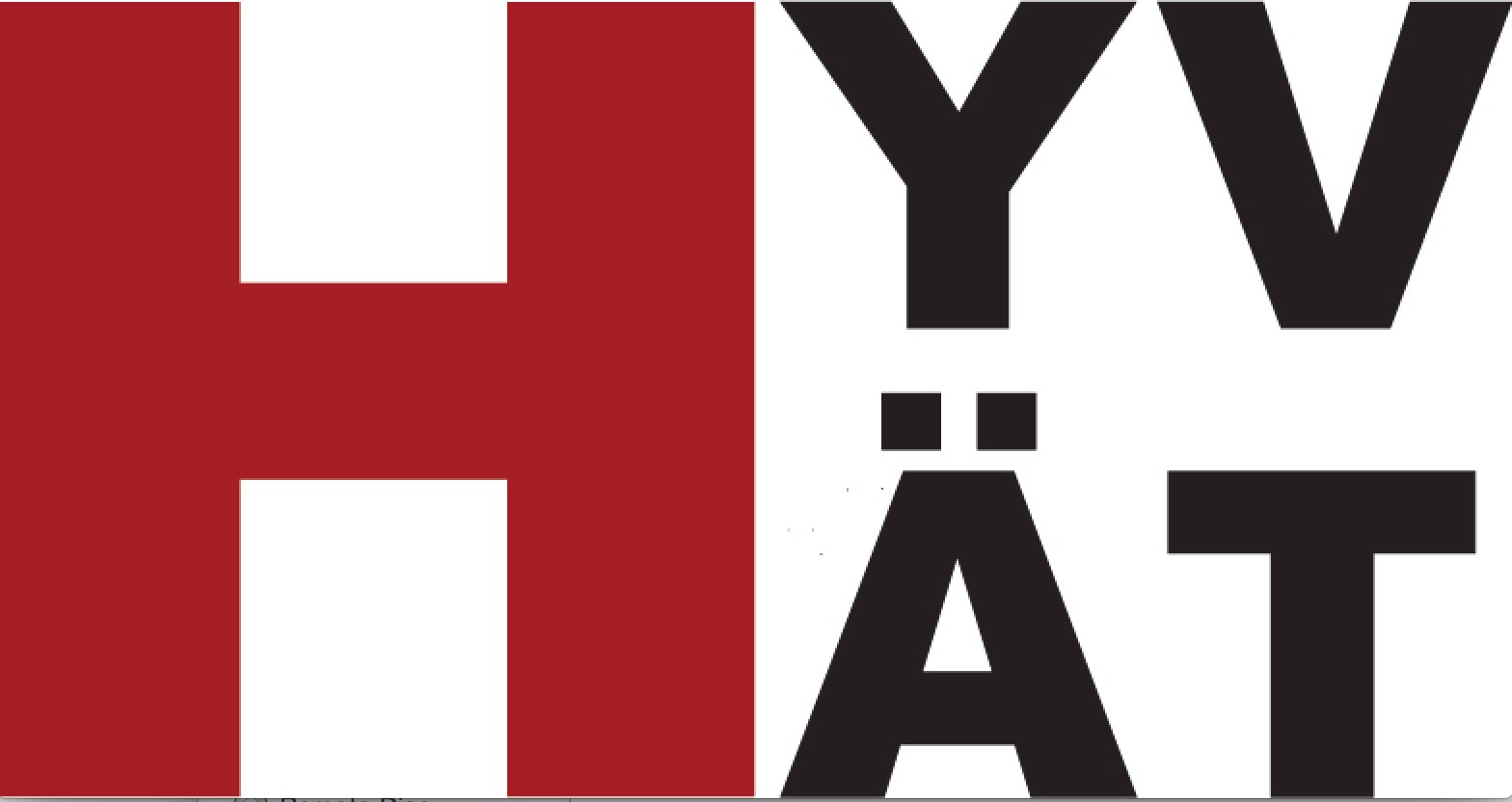The yearly tax forms are due in few days (7.5, 14.5 or 21.5.). If you haven’t yet done your taxes, it’s about time.
If you work in a “normal” salaried position, you often don’t need to do much for tax declaration. If you work on a grant, however, you will need to fill your tax form. With my first grant I didn’t bother and have regretted it since.
A recording of a webinar on tax information for freelancers, artists and grant workers has useful information for PhD students working on a grant. The part on grants starts at 1:20:00. Below is an English summary of the webinar.
Your grants won’t appear automatically on the prefilled tax form, so you will have to know yourself all grants you have received. Hopefully next year the grant information will be prefilled.
Some grants are exempted from taxation. Unfortunately this does not concern most grant workers, since grants received from universities and private foundations are under taxation.
Firstly, even taxable grants are taxed only for parts exceeding 20 461,72€ for the year 2018. The amount exceeding this sum are taxed with the same rules as a salary would. So, if the sum of your grants are below 20 461,72€, it is always tax free (you still need to declare it though). Note that University of Helsinki sometimes pays travel subsidy in the form of a grant. You can ask for this information from your campus’ HR-team, if you’re unsure.
The grants are divided into two categories: working grant (e.g. research grant) and expense grant (e.g. travel grant). One grant might contain both in parts. Grants that are awarded to a group, are split between the group members. Each member declares only their share of the grant.
The expense grants are simple: the expenses are directly deduced from the grant. You declare the amount of the grant and expenses in the same place “Other trade income->Grants” (“Muut tulot->Apurahat” or paper form 10). The expenses are deducted directly from the grant. If the expenses were greater that the grant, you declare the amount covered by the grant and transfer the excess to deductions from income (working grant and/or salary). Receipts of purchase etc. are not attached to the form. Vero will ask for them, if they are needed. You are required to keep the receipts for six years (I know, the ink in most receipts won’t survive that long).
The working grant is also declared in “Other trade income->Grants” (“Muut tulot->Apurahat” or form 10). The expenses, however, are declared as “Expenses for the production of income” (“Tulonhankkimismenot” or paper form 50A). The expenses you can deduct are mainly the same as in salaried employment:
- Any expenses, for which grant was awarded, but it didn’t cover all expenses. You can deduct the excess not covered by grant.
- Travel expenses (eg. conference) that are not covered by an expense grant
- Including per diem (inside Finland 28€/day and 15€/half day, list of daily allowance per country here )
- Office deduction. Either realized expenses for rented office space or nominal value for home office:
- 880€/year, full time use
- 440€/year, part time use (2-3 days/week)
- 220€/year, occasional use
- Computer that is primarily used for the supported work (50% if it’s partially used for work)
- Internet expenses
- Phone expenses (when used for work)
- Professional literature
- Thesis printing costs
- Doctoral defense costs (excluding clothes, coffee and cake, karonkka and promootio)
- Trade union membership fees (I include HyVäT here – Grant workers don’t really have an union, and this comes closest one gets to trade union for us)
MYEL insurance is deducted separately (the fees should appear in the prefilled form automatically). The YEL/MYEL appearing in the “Other deductions” is directed for entrepreneurs and you don’t need to fill it (for grants).
